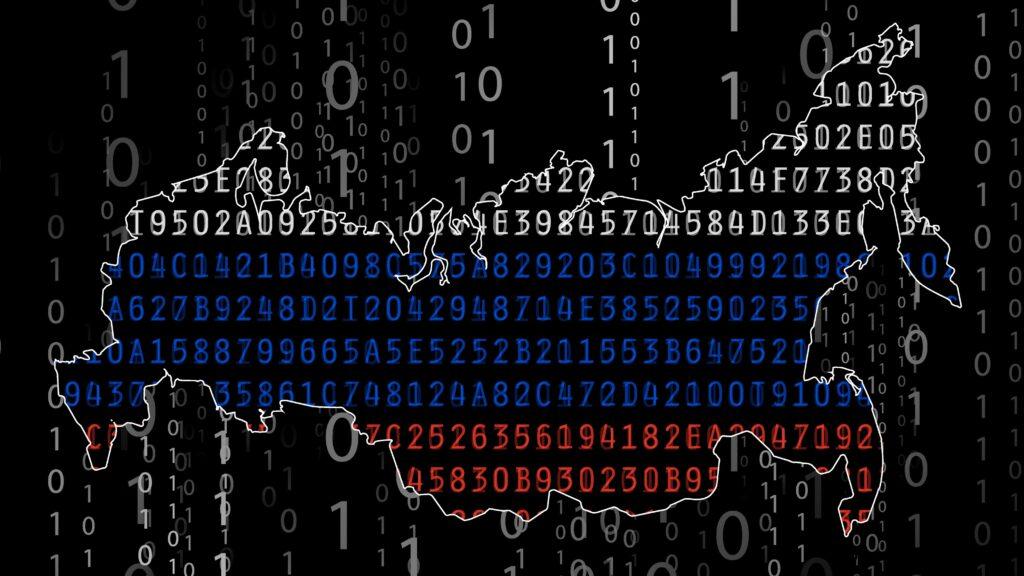- In a joint letter, over 30 experts condemn Russia’s blocking of encrypted apps and VPNs
- The signatories also dispute the forced pre-installation of the state-sponsored Max app on Russian units
- WhatsApp, today’s most popular messaging -App in Russia, is ready to become the latest victim of Moscow’s censorship
A group of over 30 experts condemns Russia’s escalation against VPNs and encrypted apps.
The signatories of the open letter published on September 16, 2025, also contest the forced pre-installation of non-encrypted alternatives on Russian units. These include civil society, such as Access Now, Article 19, Center for Democracy & Technology and the Tor project together with tech providers behind some of the best VPN and encrypted E email services (Nord Security, Proton and Tuta Mail).
“The blocking of encrypted services in Russia combined with the mandatory implementation of non-encrypted state-controlled apps should be understood as part of a wider campaign against human rights rather than isolated regulatory actions,” the open letter reads.
The promise comes as WhatsApp, the only encrypted messaging app, which is still working in Russia, risks becoming the latest victim of Moscow’s censorship. While starting from September 1st, the government-supported Max app must be pre-installed on each new smartphone and tablet sold in Russia.
In July, the Kremlin also passed a new law against ‘extremist’ content search, which makes use of a VPN to access this content for a crime as an aggravating factor. It is worth noting that the authorities define Meta, the provider of WhatsApp, as an extremist organization.
Therefore, according to experts, the international community must respond with clarity and resolve this matter. “Free, private and safe communication is not a privilege, but a basic right that needs to be protected everywhere,” they added.
Russia’s attack on encrypted chats
Roskomnadzor, the notorious Russian censorship, is responsible for blocking countless sites and applications over the years – including encrypted messaging apps to help citizens keep their conversations private and secure.
For example, access to both Proton Mail and Tuta Mail has been limited since 2020. Russian authorities also banned signal in 2024 and are now considering a ban on WhatsApp.
According to experts, these actions violate “internationally recognized human rights”, including people’s rights to freedom of expression, access to information and privacy.
“Encryption is a basic right,” said Matthias PFAU, CEO of Tuta Mail. “By blocking access to safe communication, Russia wants to control its entire population, including journalists, activists and anyone who has opposite ideas for the ruling class.”
At the same time, the Kremlin is working to expand the scope of its national digital sovereignty system by forcing citizens to use state -developed applications.
Experts have already expressed serious concerns after analyzing the latest VK-made software, max. A messaging app with “a huge surveillance potential,” they warn.
Kremlin’s match against VPN, Proxy servers and the Tor browser is certainly not new. As more people in Russia have turned to circumvention tools to bypass a still stricter internet censorship, authorities have done their best to prevent this.
While their use is not fully prohibited, it means that still sophisticated VPN blockage techniques mean that many services can be blocked or gashed. Therefore, it is important for everyone in Russia to choose a VPN with strong censorship -resistant features such as Proton VPN, NordVPN or Amnezia VPN.
In March 2024, the government introduced a law to criminalize the spread of information on ways of bypassing Internet restrictions.
It is probably the basis that led to Roskomnadzor emitting VPN removal of the removal of Big Tech giants. Apple was the most complaint and killed at least 60 VPN apps, including the popular Russian service Amnezia VPN, from July 2024 onwards.
The July 2025 law imposes additional penalties for violating the rules of VPN use, despite still not directing the use of VPNs. Still, it adds the ongoing crash to VPN users.
As experts notice, “limits both encrypted communication platforms and VPNs people in Russia with extremely few opportunities for safe communication.”



